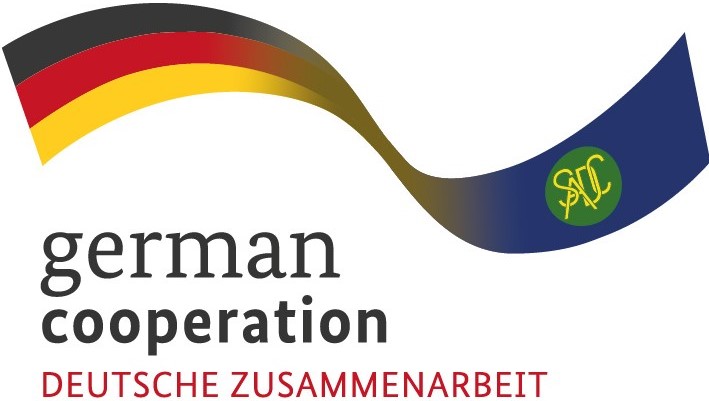 Translate
Translate
Resources
SADC TFCA International Conference and Summit Communique
| Author: | Various |
| Language: | |
| Topic: | Conservation |
| Type: | Meeting Report |
| Last updated: | 2 June 2025 |
In a major milestone for regional conservation, Heads of State and Government from the Southern African Development Community (SADC) convened in Harare, Zimbabwe, for the Transfrontier Conservation Areas (TFCA) Summit on 23 May 2025. The summit, themed Transfrontier Conservation Areas – 25 Years of Cooperation for Regional Integration and Sustainable Development,” celebrated the quarter-century legacy of collaborative natural resource management across borders.
A Celebration of Vision and Progress
The summit reflected on 25 years of progress since the establishment of the first TFCAs, recognising their contribution to peacebuilding, ecological connectivity, biodiversity conservation, and socio-economic development. In his keynote address, President Mnangagwa praised the TFCAs as living symbols of regional integration and a model for cooperative governance of shared natural resources.
Leaders paid tribute to visionary pioneers of the TFCA concept, including H.E. Dr. Festus Mogae, former President of Botswana, and H.E. Dr. Thabo Mbeki, former President of South Africa, who were instrumental in laying the foundations for cross-border conservation in the region.
A Regional Platform for Global Environmental Goals
Delegates acknowledged the strategic role of TFCAs in achieving regional and global targets on biodiversity, climate resilience, tourism, and rural development. The summit underscored the need for stronger partnerships among governments, communities, the private sector, and international cooperating partners to enhance implementation of the SADC TFCA Programme.
Ministers and heads of delegation emphasised the centrality of human well-being and inclusive development, urging Member States to:
* Ensure active participation of rural communities, particularly youth, in TFCA governance.
* Promote equitable benefit-sharing mechanisms.
* Tackle human-wildlife conflict through coordinated, practical solutions, including policy reforms and legal frameworks.










